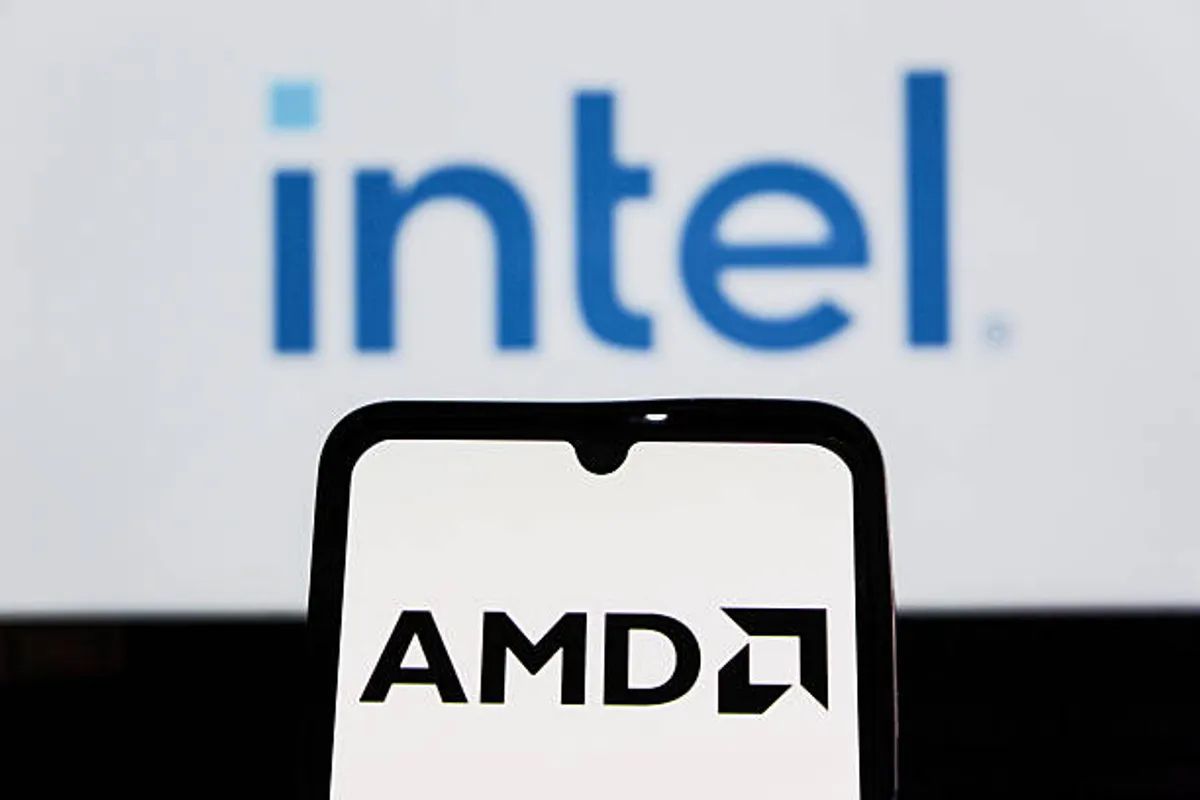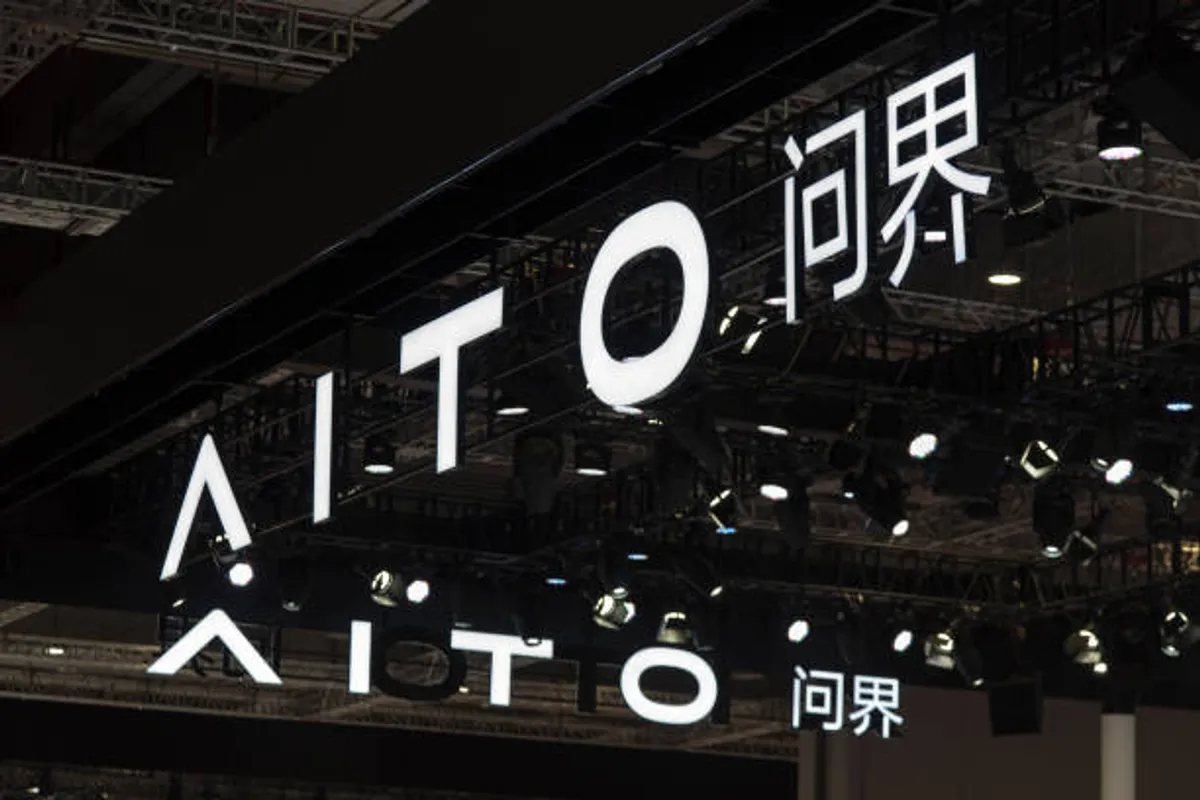Nexperia and Dutch Government Stay Silent as Reports Hint at China Shipment Resumption

GeokHub

The Dutch government and semiconductor manufacturer Nexperia have remained silent following reports that the United States may soon allow the company to resume exports from its Chinese facilities — a move that could ease months of supply chain strain across the global automotive industry.
Industry insiders suggest the U.S. decision could mark a breakthrough in ongoing negotiations between Western and Chinese authorities over technology governance and chip manufacturing rights. The halt in shipments, initially triggered by export restrictions and ownership disputes, had disrupted component supplies to carmakers in Europe and Asia.
Nexperia, which produces key semiconductor components for major automakers, saw its operations heavily affected by geopolitical restrictions earlier this year. Its manufacturing plant in China packages chips used in electronic systems for vehicles, consumer devices, and industrial machinery.
The pause in exports led to concerns among global car manufacturers, many of whom rely on Nexperia for specialized components that are difficult to replace quickly. Analysts say that if shipments resume, the move could stabilize production lines and relieve pressure on manufacturers facing rising costs and delayed deliveries.
While neither the Dutch authorities nor Nexperia have commented publicly, sources close to the matter say discussions between governments remain active. A potential resolution could mark a step toward reducing tensions in the increasingly politicized semiconductor sector.
Experts believe a restart in shipments would demonstrate that limited cooperation between Washington, The Hague, and Beijing remains possible despite their strained relations. However, they caution that deeper issues — including technology transfer rules, export controls, and ownership rights — remain unresolved.
The development also highlights how crucial semiconductors have become to national economies and political strategy. For automakers, a stable chip supply is no longer just a business issue — it’s a geopolitical one.








